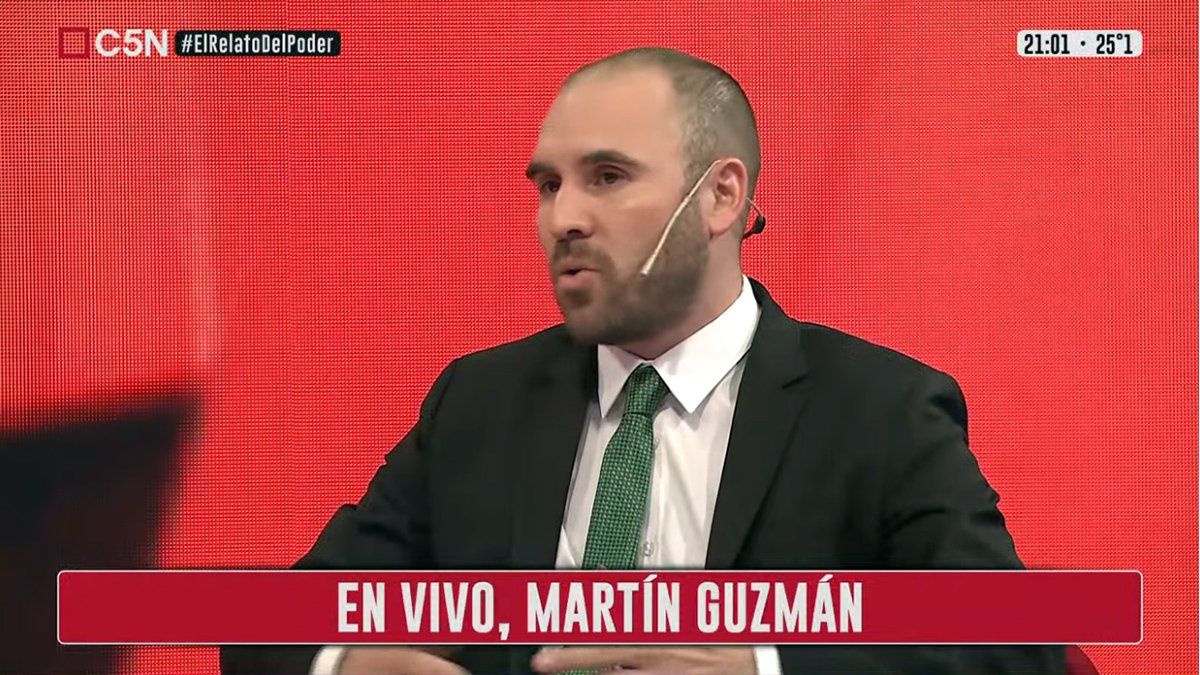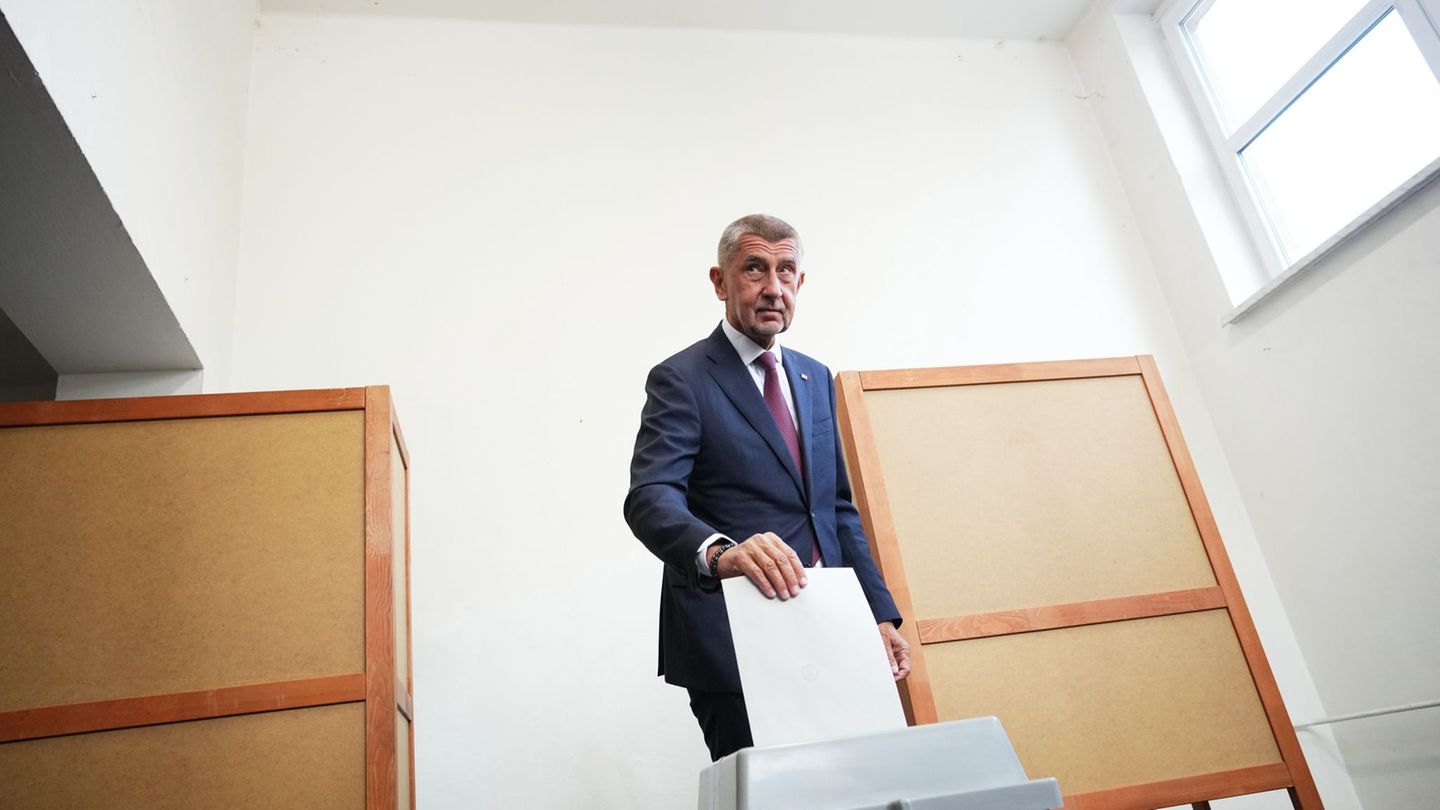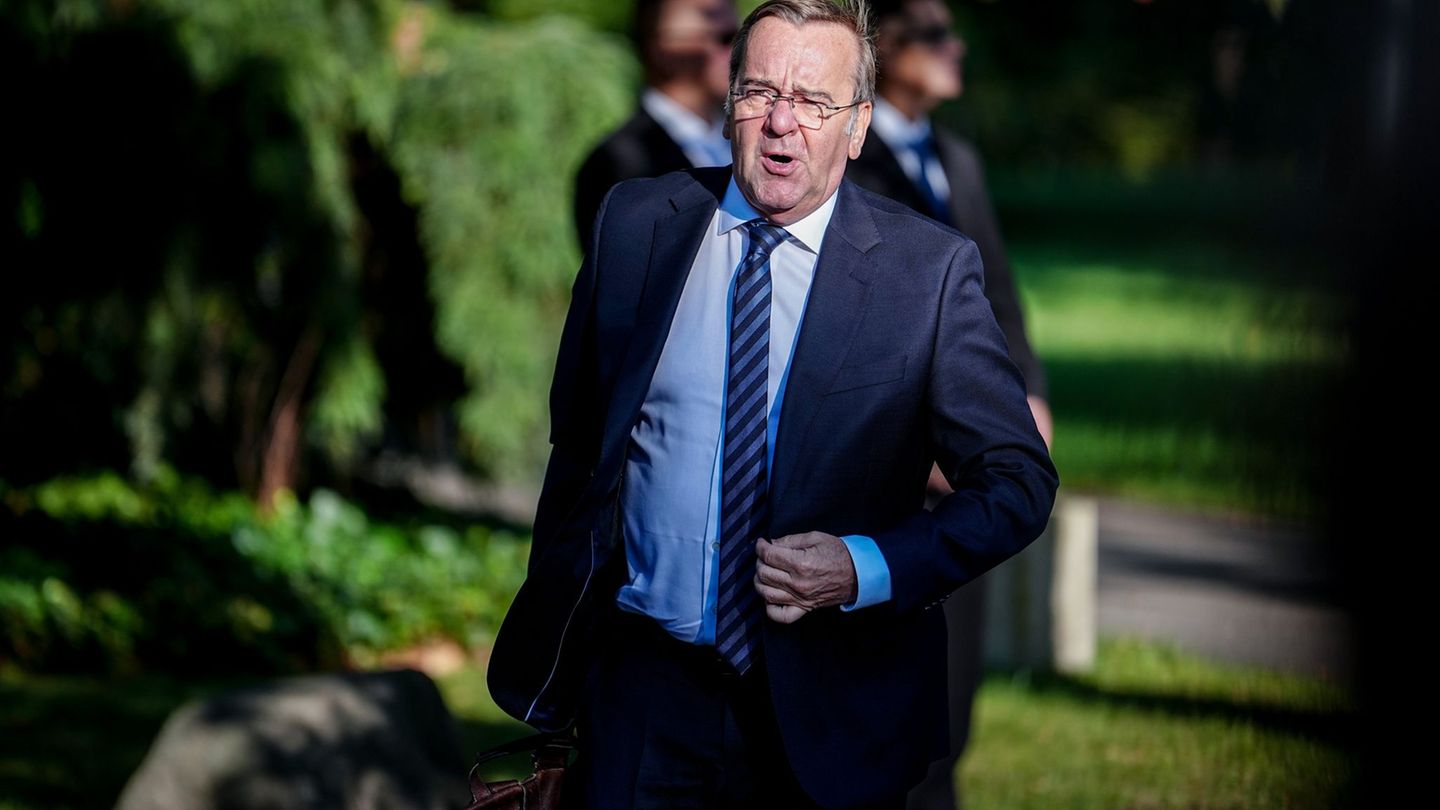The minister said that “in an economy where there was a very strong macro crisis, expectations play a key role. The price agreement is framed in that logic. We all need to be able to coordinate, many in the private sector do it and that the careful prices are one more anchor “.
Guzmán ruled out cracks or questioning of the price control policy and said that “no one is cut off by the government alone and the price control strategy has the support of the entire cabinet.”
Then, he added that “it is necessary to understand that inflation is multi-causal, the lack of generation of foreign exchange, the State that does not have the possibility of having more credit and the expectations where to stabilize prices, all these are causes of inflation. Fighting inflation is a collective task where the private sector must collaborate. “
Later, the minister remarked that “the economic recovery is strong and the estimated growth for the whole year will be a little higher. Industry and construction have recovered and wages are recovering along with private employment. All this it is being achieved after what we call the double crisis, the one left by Together for Change and the one derived from the pandemic. “
The minister was more emphatic politically, stating that “Argentina owes itself the conditions to build a Nation. On the issue of prices, there are sectors that are playing politically. Together for Change they formed an alliance with the establishment in against the interests of the people. The position of some opposition leaders is anti-Argentine against the interests of the homeland. “
As he did the day before, the head of the Palacio de Hacienda once again ruled out a devaluation of the peso, explaining that “what we are seeing with the dollar is a communication issue that encourages a devaluation. Exports have been growing very Strong and the Central Bank’s reserves are growing. The market itself anticipates one dollar at the end of the year 107/108 pesos. What we have are conditions that allow us to maintain the exchange rate. Last year they also said the same and now we say the same. There will not be any devaluation jump itself. “
Regarding the debt with the International Monetary Fund (IMF), Guzmán remarked that “you have to understand that the main problem is the debt with the IMF. The worst that can happen, the worst of all, is a bad agreement. A A bad agreement would be to renegotiate under the conditions imposed by the international financial power. What the IMF did was to finance Macri’s campaign and we want to refinance the debt in more comfortable installments, but kicking the board is also a problem. We want to have an agreement within it. of what we consider healthy for Argentina “.
The Minister of Economy called on the opposition to join the demand for the IMF to eliminate the surcharges it charges for the debt that it estimated at about 1,000 million dollars per year. “Ask the IMF to eliminate the surcharges to the country. The Group of 20 requested the revision of the surcharges. The Government has taken important steps with the aim of reaching an agreement that is good for Argentina. What is needed is that the different power factors of Argentina act in favor of Argentina “.
Finally, Guzmán affirmed that “the purchasing power of wages is recovering.”
David William is a talented author who has made a name for himself in the world of writing. He is a professional author who writes on a wide range of topics, from general interest to opinion news. David is currently working as a writer at 24 hours worlds where he brings his unique perspective and in-depth research to his articles, making them both informative and engaging.




